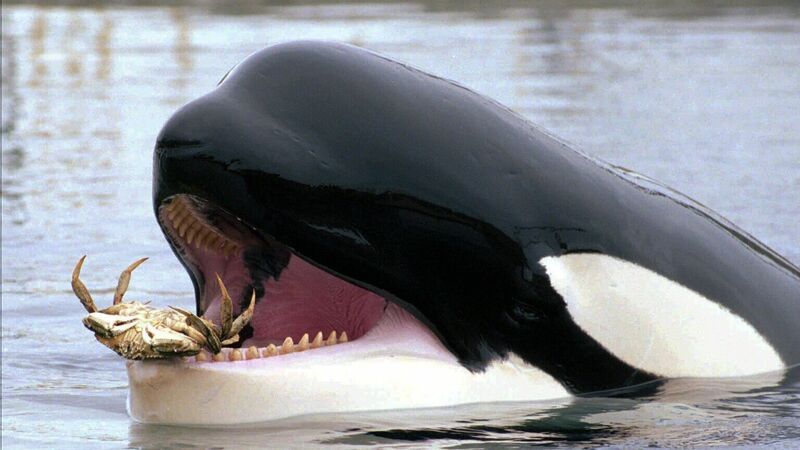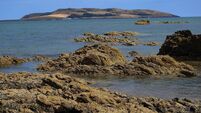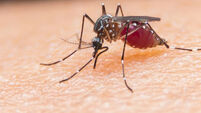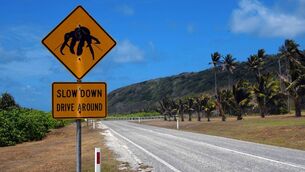Richard Collins: Animal culture and the tragic tale of Free Willy star Keiko the orca

Keiko, the famous killer whale. Picture: AP Photo/Don Ryan
In her influential book , Kristin Andrews devotes a chapter to ‘culture’. Animals don’t read Shakespeare or listen to Beethoven. ‘Culture’, in this context, denotes "long-lasting group behavioural patterns or informational resources that are transmitted via social learning". She cites a famous example; the sad tale of Keiko, the orca.
In 1979 three-year-old Keiko was taken from the sea off Iceland. ‘Groomed’ in a dolphinarium, he ‘acted’ in the film , becoming a Hollywood celebrity. When his movie career ended, pressure from adoring fans led to a $20 million attempt to return him to the ocean.









